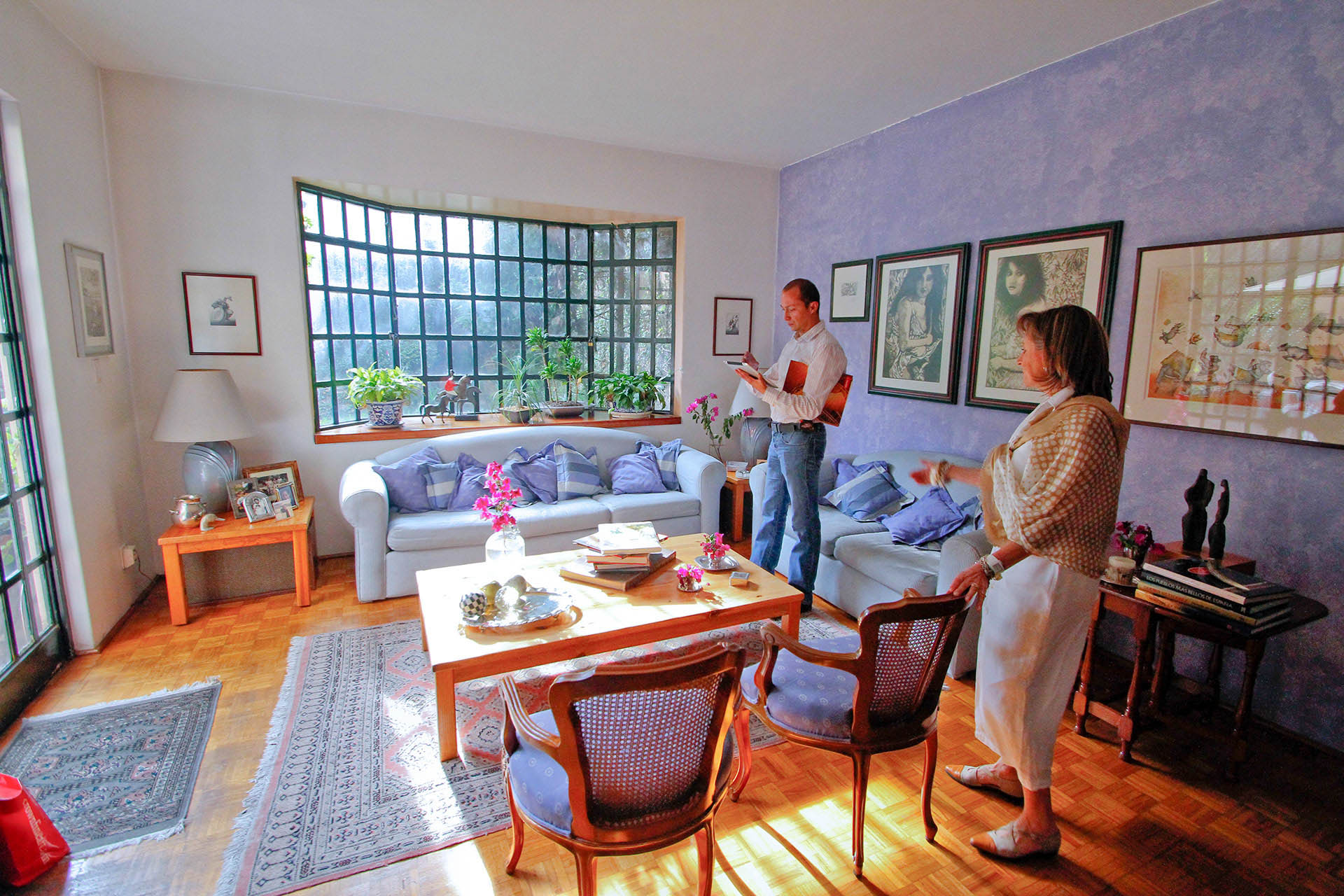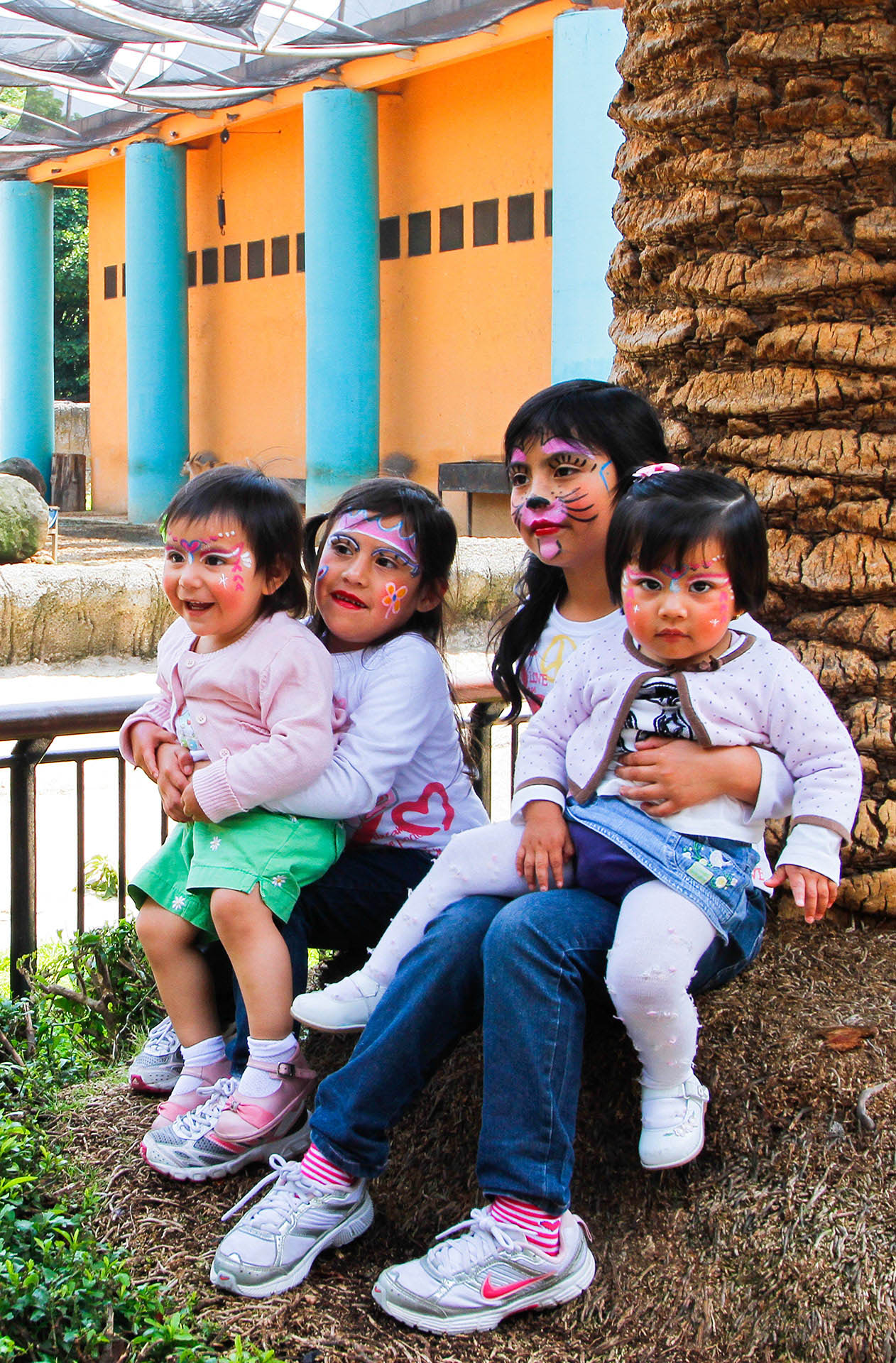Mexico attracts expats for several compelling reasons. Its significantly lower cost of living allows foreigners to enjoy a comfortable lifestyle without overspending, making everyday expenses like housing, food, and healthcare much more affordable than in many Western countries. The country’s warm climate and rich cultural heritage offer a vibrant and enjoyable living experience, with colorful traditions, festivals, and delicious cuisine that create a welcoming environment for newcomers.
Proximity to the United States and Canada also makes Mexico convenient for those who want to stay connected with family and friends. Together, these factors make Mexico an attractive, expat-friendly destination combining financial benefits, cultural richness, and a relaxed lifestyle.
Visa Requirements for Expats Moving to Mexico
Cost of Living in Mexico

Food and Groceries
Affordable local produce and staples keep grocery bills around $200–$300 USD monthly. Dining out is inexpensive, with meals at casual restaurants costing about $6–$10 USD.

Transportation
Public transit is cheap, with monthly passes costing $20–$40 USD. Taxis and ride-shares are also affordable, making car ownership optional.

Housing Cost
Rent varies by location; a furnished one-bedroom apartment in popular areas costs $550–$800 USD monthly. Outside big cities, prices are lower. You will get more details within our accommodation section.

Utilities
Electricity, water, gas, and internet typically cost $80–$95 USD per month. Internet is reliable and costs around $20–$30 USD monthly.
Accommodation Options for Expats in Mexico
| Neighbourhood | The Attractions |
|---|---|
| Roma Norte | Trendy and artistic, ideal for socially active expats who enjoy art galleries, theaters, and cultural events in a vibrant community. |
| Juarez | Diverse and dynamic with colonial architecture, art studios, and lively nightlife, perfect for adventurous expats seeking culture and entertainment. |
| Condesa | Bohemian and safe, known for cafes, parks, and a great work-life balance, attracting expats looking for a stylish and relaxed lifestyle. |
| San Angel | Upscale and tranquil with colonial charm, suited for retirees and families wanting peace, culture, and excellent amenities. |
| Zona Rosa | Multicultural and lively, popular with young professionals and digital nomads for its nightlife, international restaurants, and expat services. |
| Santa Fe | Modern and convenient, ideal for expats focused on work or study with access to business districts and universities. |
| Coyoacan | Quiet and historic, offering cultural immersion and a calm environment favored by expats seeking intellectual and traditional vibes. |
| Polanco | Luxurious and safe, home to embassies, upscale shopping, fine dining, and parks, perfect for expats who want a high-end lifestyle. |
Education System for Expats with Kids in Mexico
Healthcare for Expats in Mexico
If you’re planning a move to Mexico, whether for work, retirement, or a lifestyle change—one of the most important things to sort out is your healthcare. The good news? Mexico offers high-quality healthcare at a fraction of the cost compared to the United States and many other countries. Mexico City, in particular, boasts excellent hospitals, well-trained medical professionals, and modern facilities.
But navigating a new country’s healthcare system can be confusing. That’s why we’ve put together this detailed guide to help you understand how healthcare in Mexico works for expats.
Tax Implications for Expats in Mexico
Cultural Differences for Expats in Mexico – And How to Thrive
| Cultural Difference | How to Overcome It |
|---|---|
| Time Perception | One of the first things expats notice is the more relaxed approach to time. Social events often start later than scheduled, and business dealings may move at a slower pace. While this can be frustrating at first, it’s important to adapt and practice patience. Rather than viewing it as disorganization, see it as a reflection of Mexico's relationship-driven and flexible culture. Tip: Build in extra time for appointments and keep your schedule flexible. |
| Personal Relationships Matter | In Mexico, personal connections often come before business. People like to get to know each other before doing deals or working together. Small talk, shared meals, and social interactions are part of building trust. Tip: Take the time to connect with people beyond business—ask about their family, share a coffee, and be personable. |
| Food and Socializing | Food is central to Mexican culture, and meals are often long, social experiences. Lunch (la comida) is the biggest meal of the day, typically enjoyed around 2–4 p.m., and it’s common to linger and chat. Tip: Don’t rush through meals. Accept invitations to family gatherings or fiestas—they’re a great way to bond with locals and experience authentic culture. |
| Language Barrier | While English is spoken in many tourist areas, especially by younger people, Spanish is the dominant language. Not knowing Spanish can be a barrier in everyday life—particularly in government offices, medical clinics, or smaller towns. Tip: Enroll in a Spanish course or use language apps regularly. Even basic phrases can go a long way in building rapport and showing respect. |
| Communication Style | Mexicans are often warm, indirect communicators, especially when delivering bad news or saying no. What may sound vague to a foreigner is often a polite way of navigating social harmony. Tip: Learn to read between the lines and avoid being overly direct, which may come across as rude. |
Conclusion
Moving to Mexico offers an exciting opportunity to enjoy a rich cultural experience with a lower cost of living, quality healthcare, and diverse accommodation options. Expats can live comfortably on a modest budget, especially outside major cities, while benefiting from Mexico’s vibrant lifestyle and welcoming communities.
Key points to consider include securing the appropriate visa for your stay, choosing accommodation that fits your budget and lifestyle, ensuring access to good healthcare with insurance coverage, and planning education for children through private or international schools.
With careful planning and research, Mexico can be a rewarding and affordable destination for expats.

No One Knows Better Than Us.
Get moving with our free moving quote form and let us take care of the rest!










